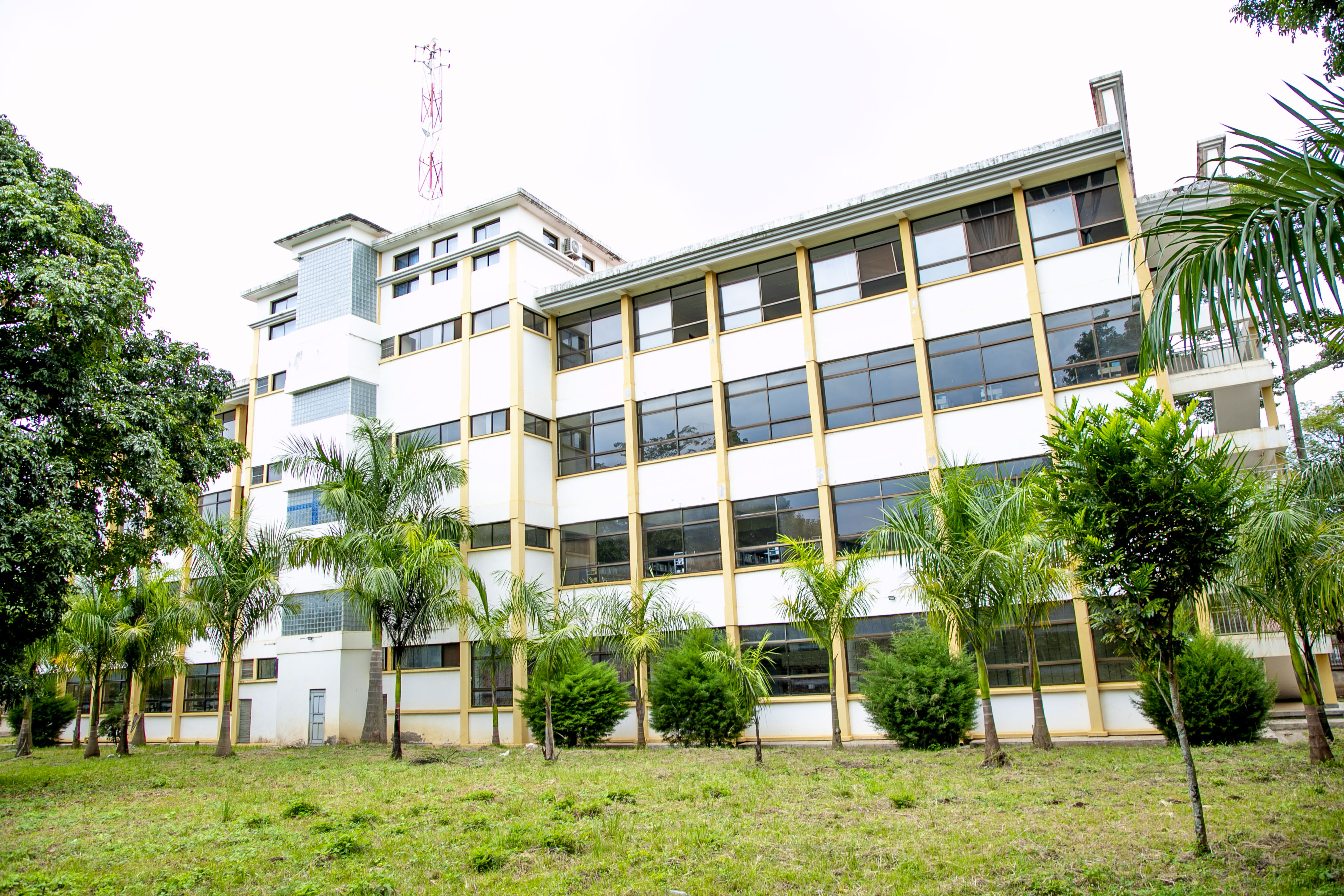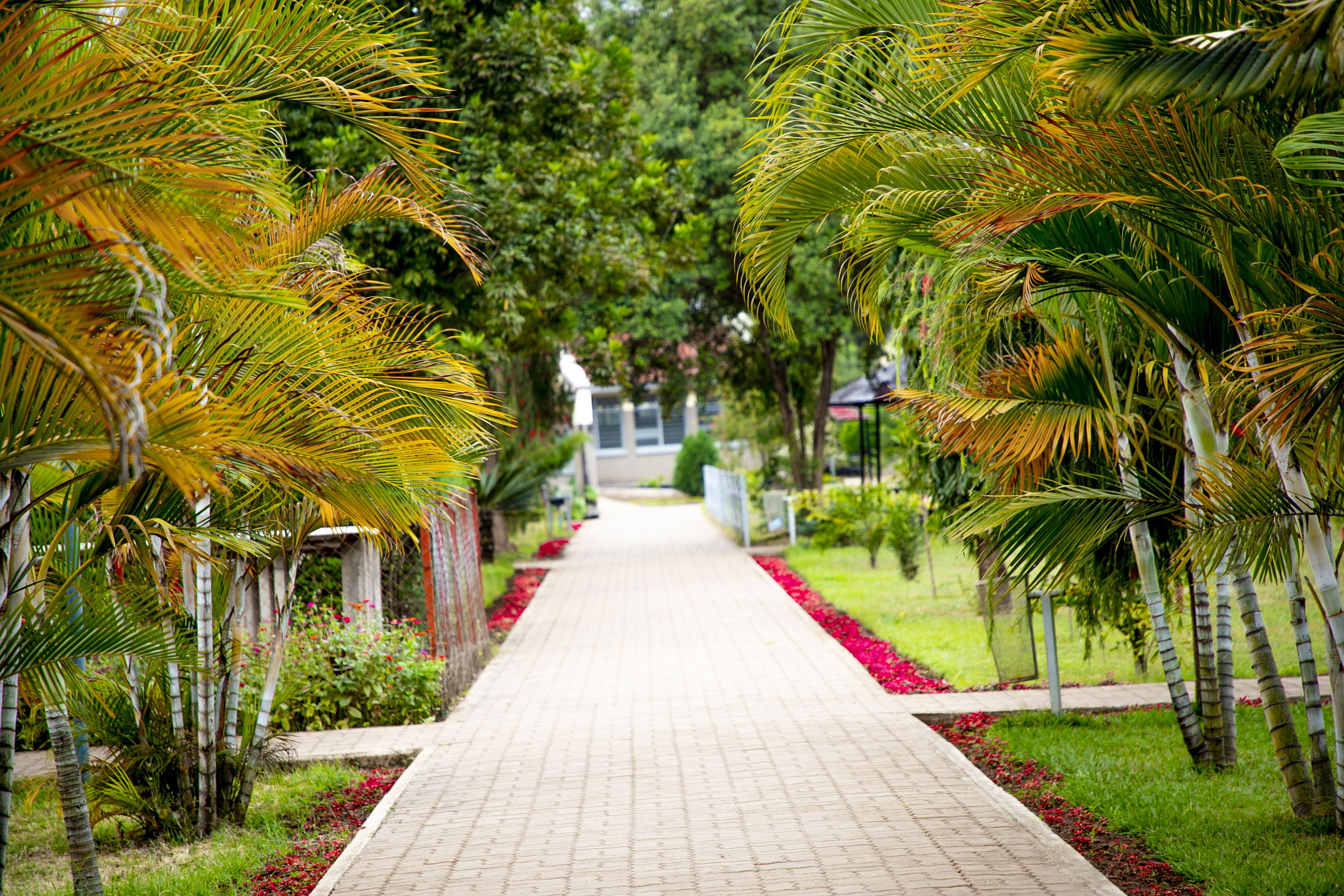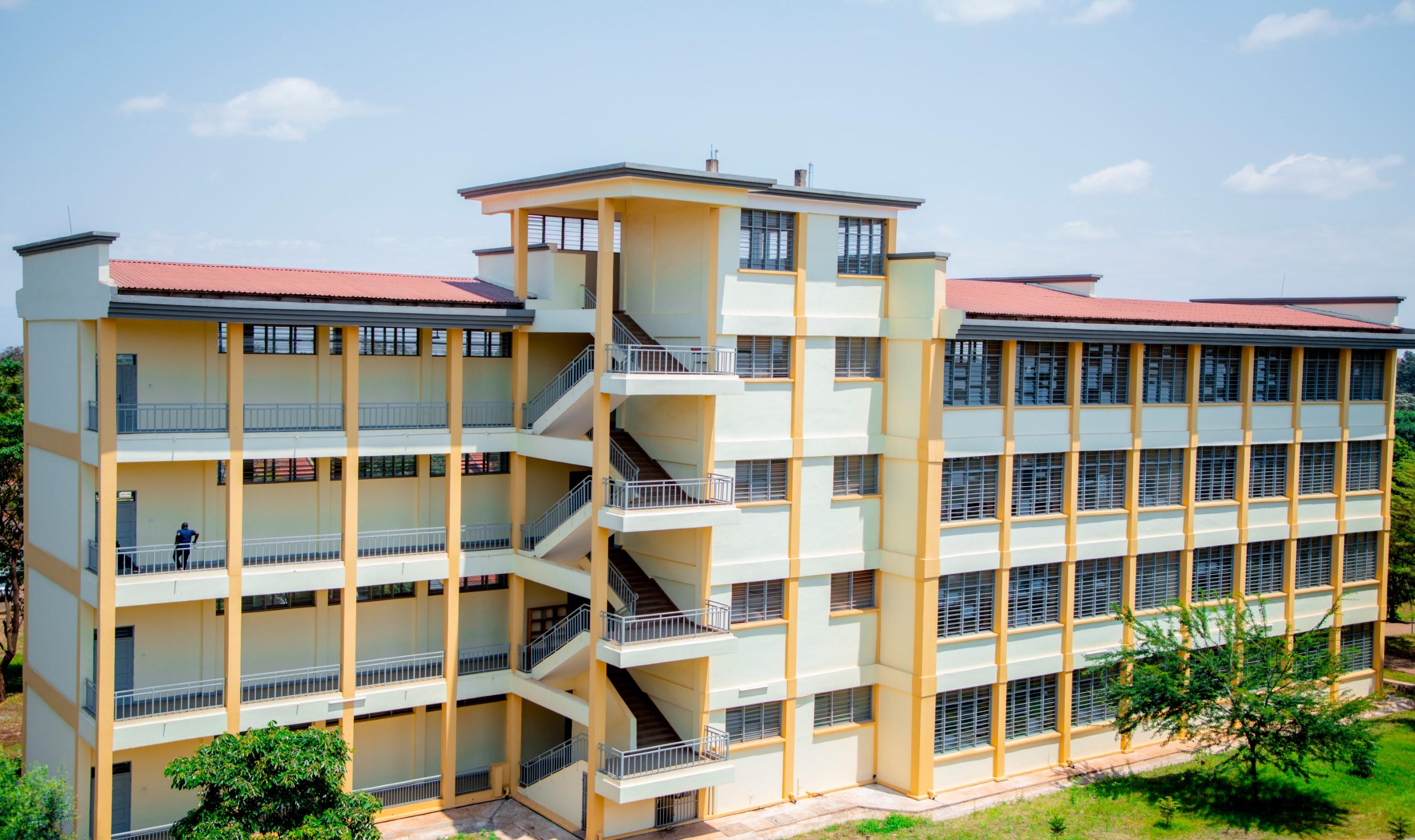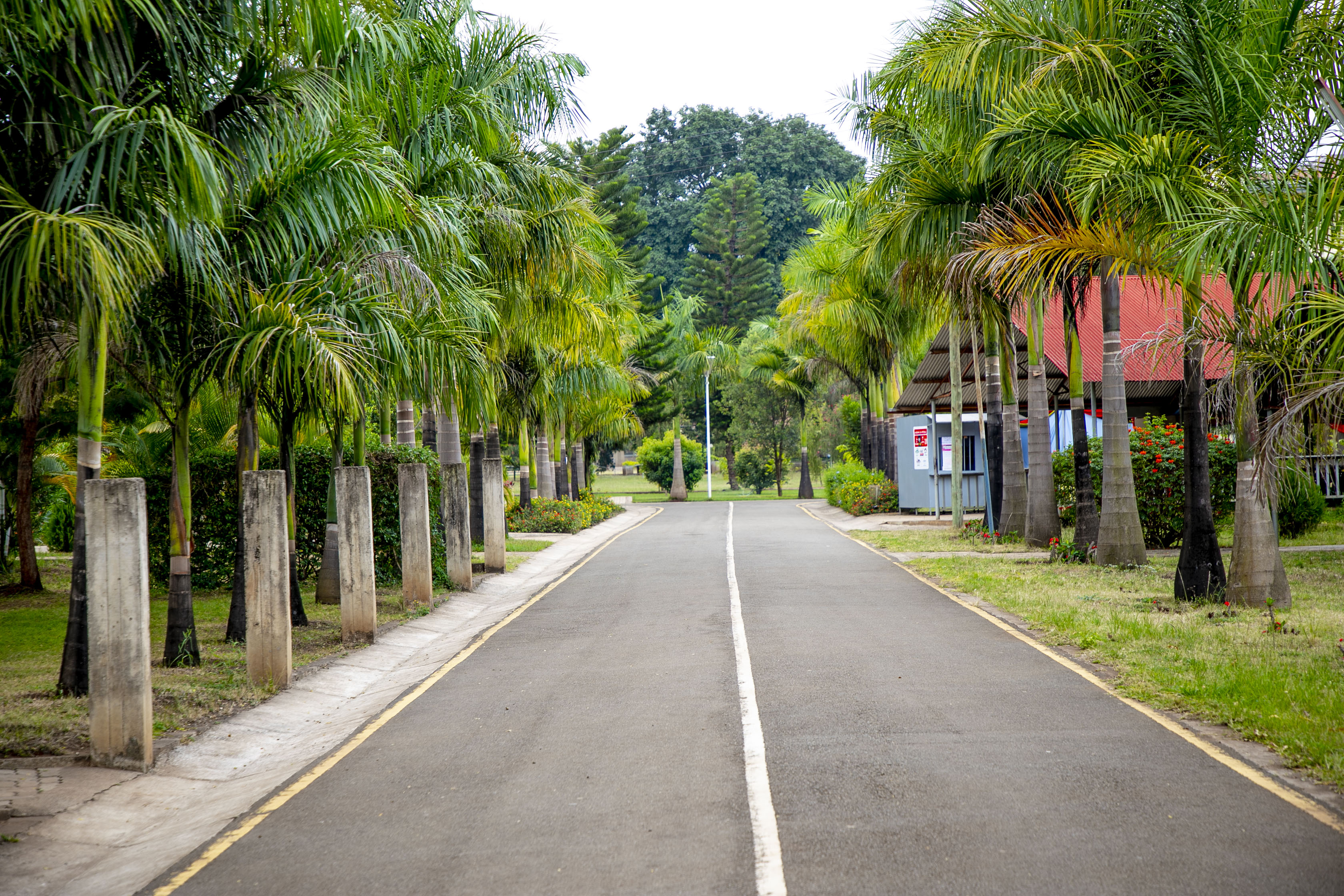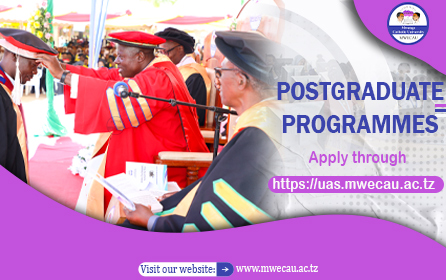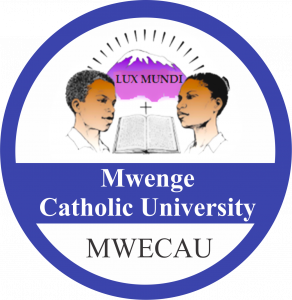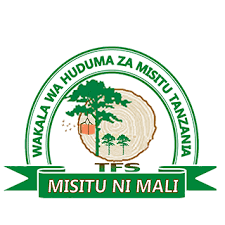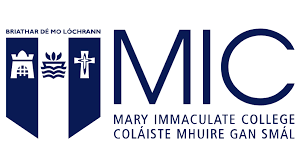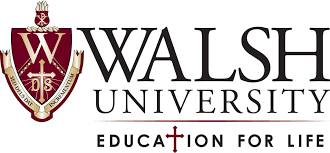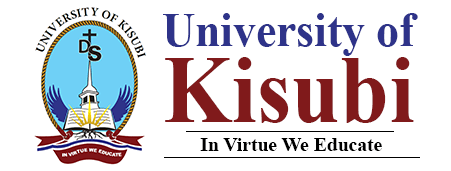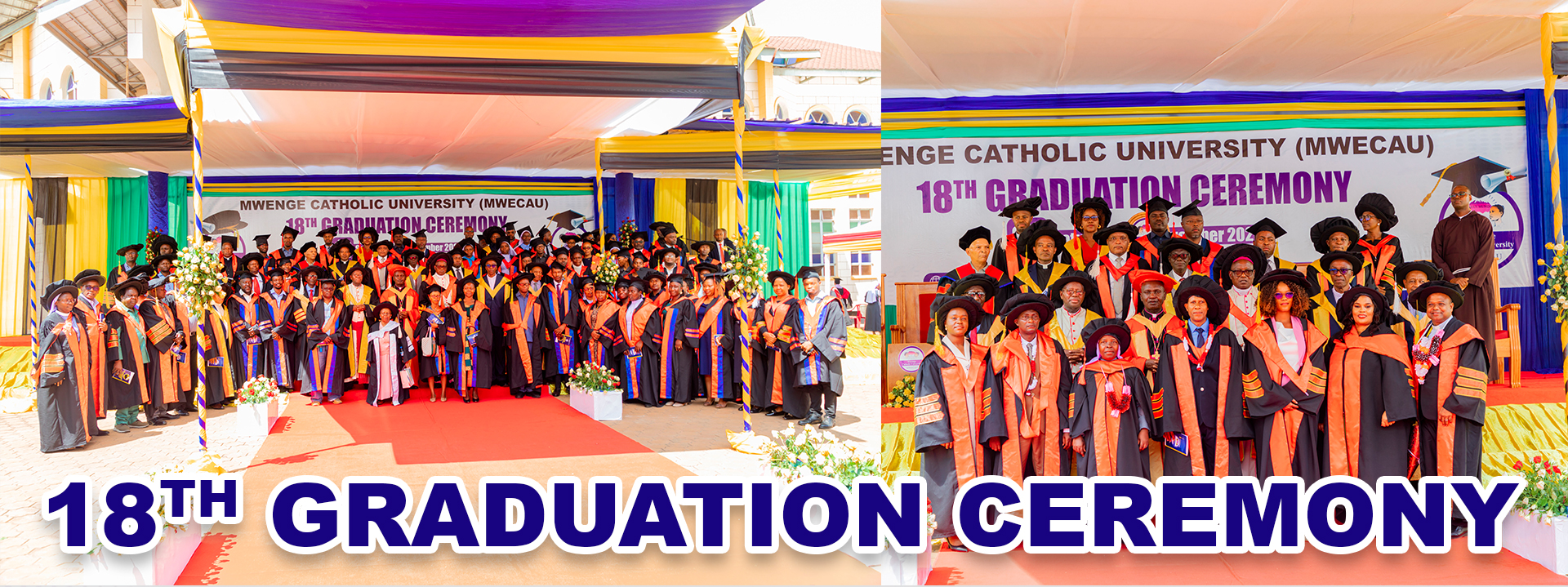
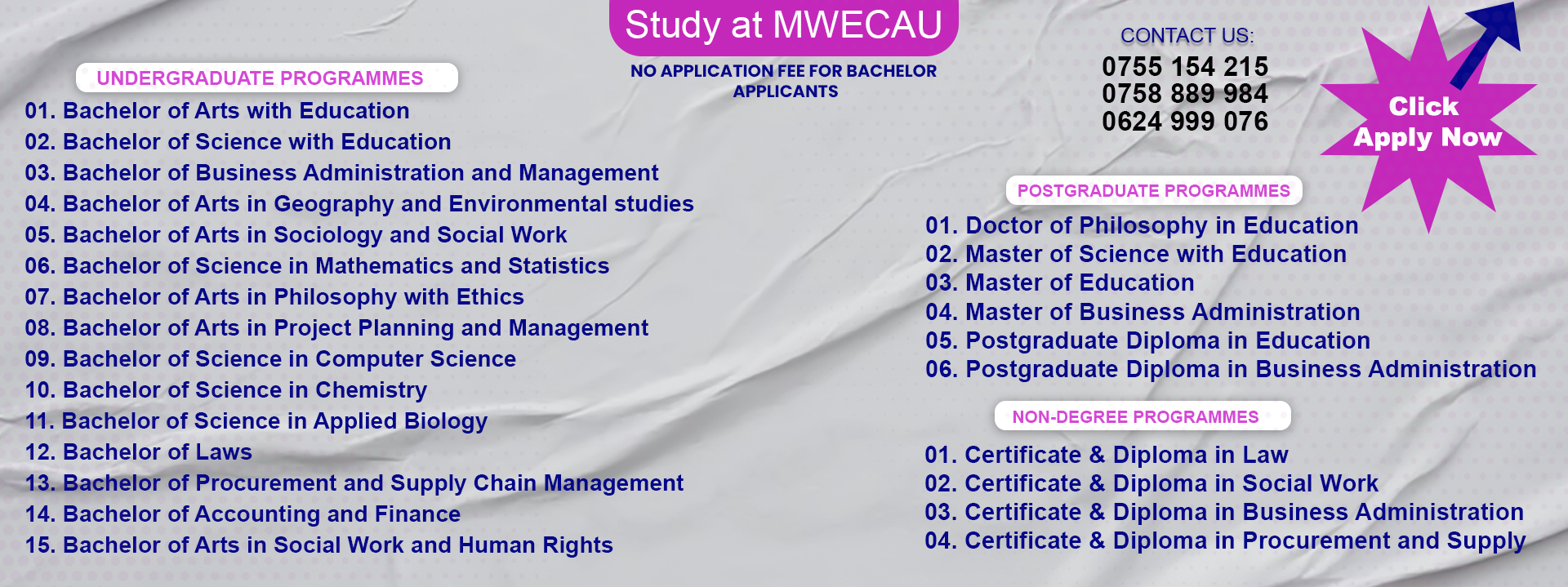

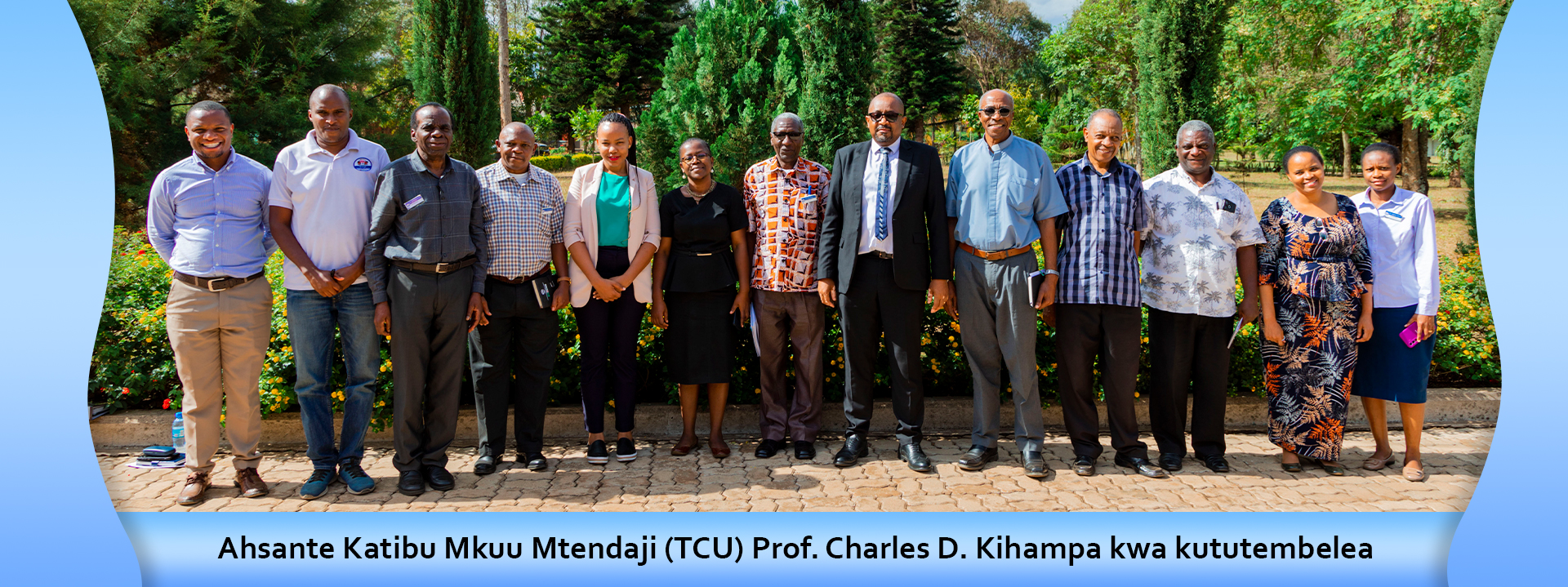


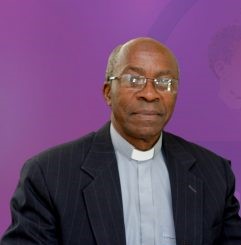
Rev.Prof. Philbert Vumilia
Vice Chancellor
Welcome to Mwenge Catholic University
Welcome to Mwenge Catholic University (MWECAU), a University that gives you the opportunity to pursue quality education in truthfulness and freedom of thought, so that you may gain professional competency to boldly serve and contribute to the development of humanity. In order to prepare for your future career or pursue academic and professional advancement, be it education, administration, sciences, law and/or social sciences, think of MWECAU as your best choice.
Our community is being called to reimagine the future. As the only university where a renowned design school comes together with premier colleges, we are making learning more relevant and transformational. We are enriched by the wide range of experiences and perspectives of our students, faculty, staff and alumni. Preparing student...
Latest News and Updates

PRESS RELEASE - ACADEMIC PROMOTIONS II
This is to inform the University Community and...
Other University Updates
 PRESS RELEASE - ACADEMIC PROMOTIONS II
PRESS RELEASE - ACADEMIC PROMOTIONS II
2025-11-05
 PRESS RELEASE - ACADEMIC PROMOTION I
PRESS RELEASE - ACADEMIC PROMOTION I
2025-10-10
Why Choose MWECAU
We are one of the most robust and diverse universities in Tanzania.
Study at Mwenge Catholic University
Leaders in a complex world -
"Lux Mundi" - Light of the world